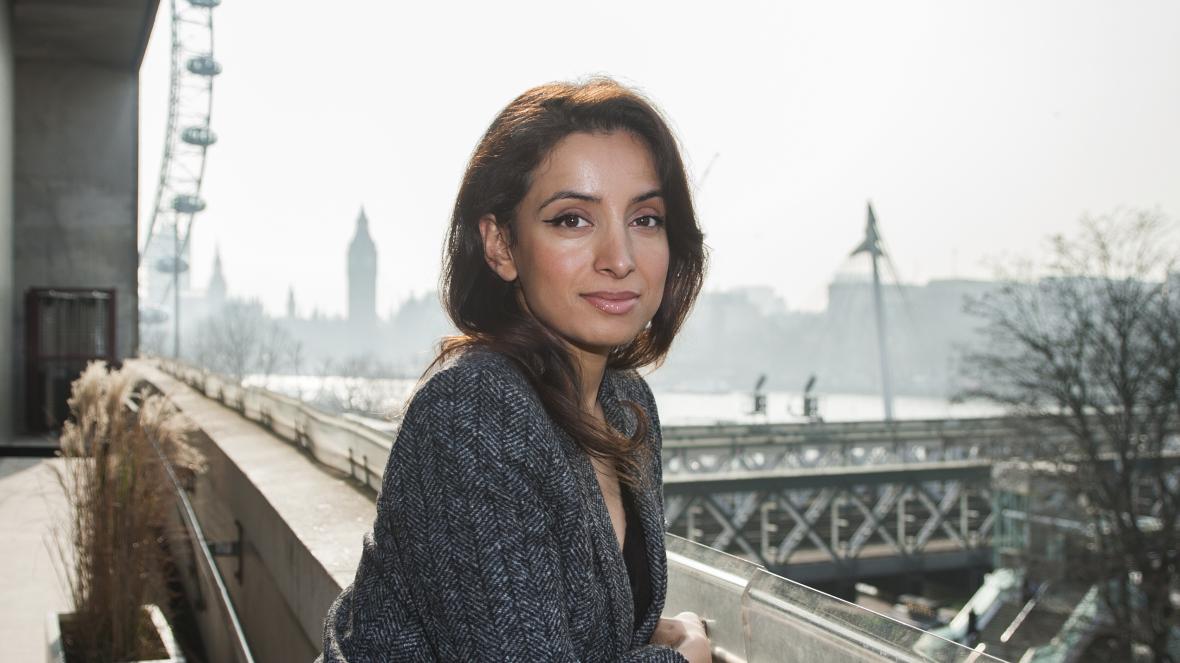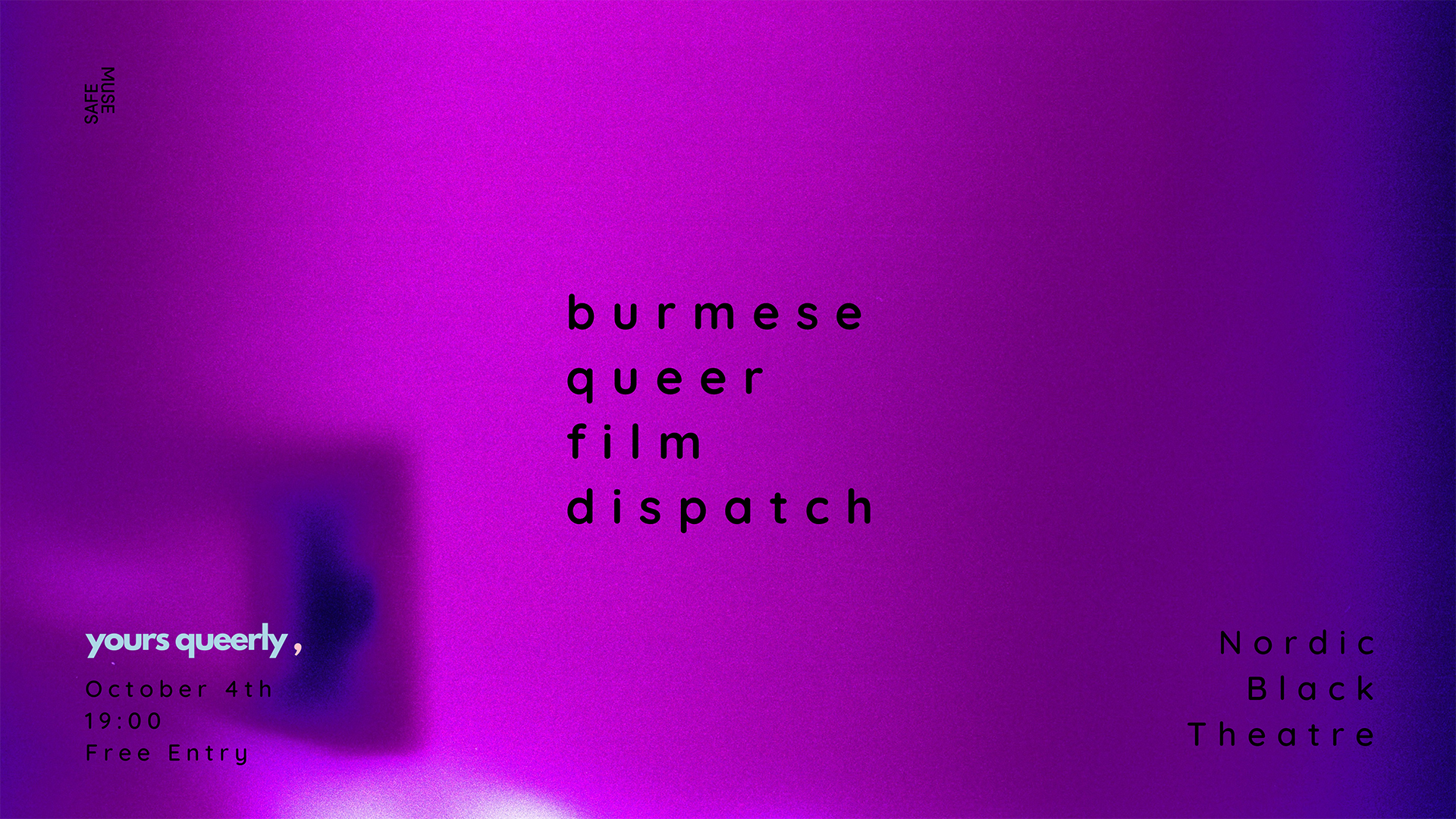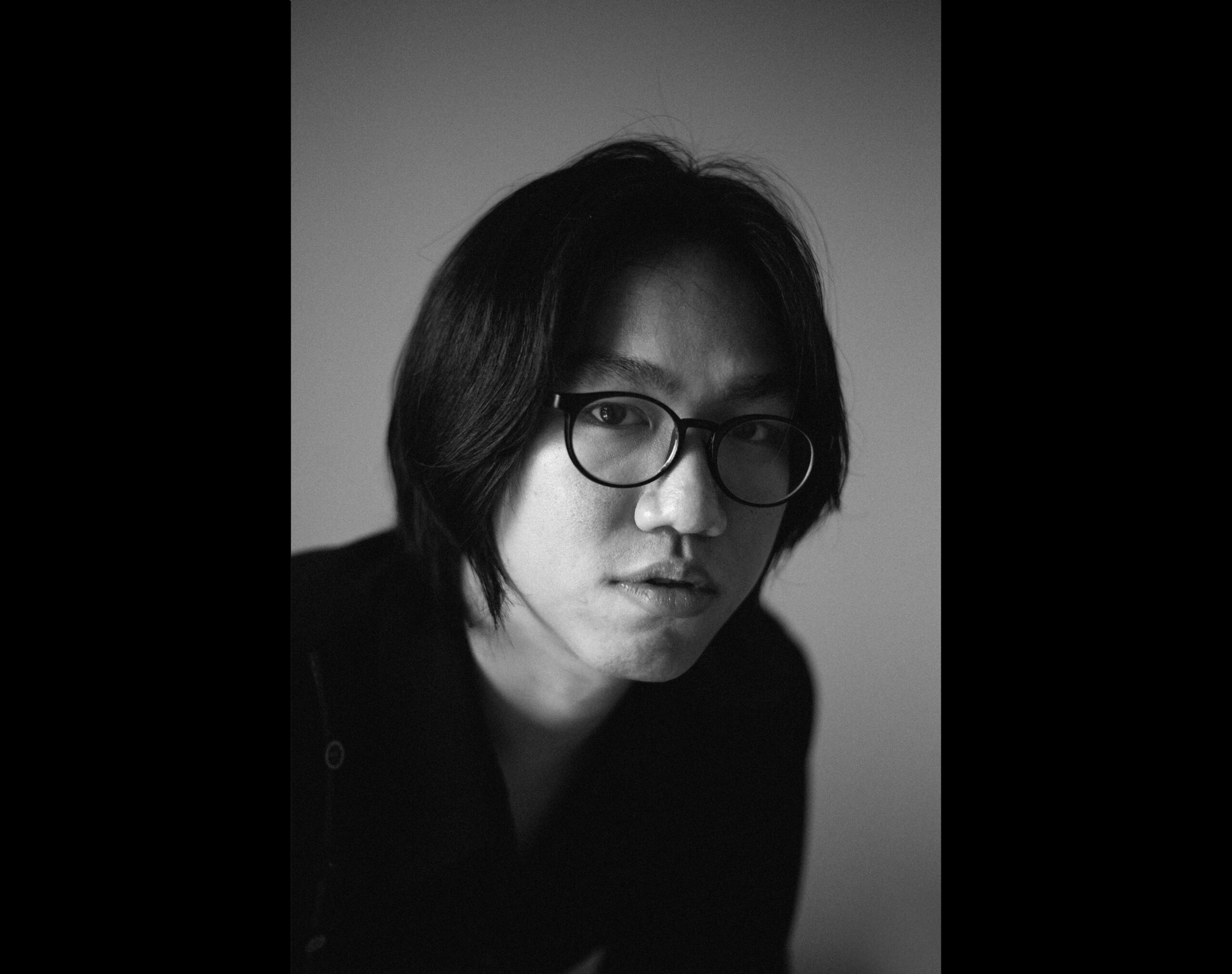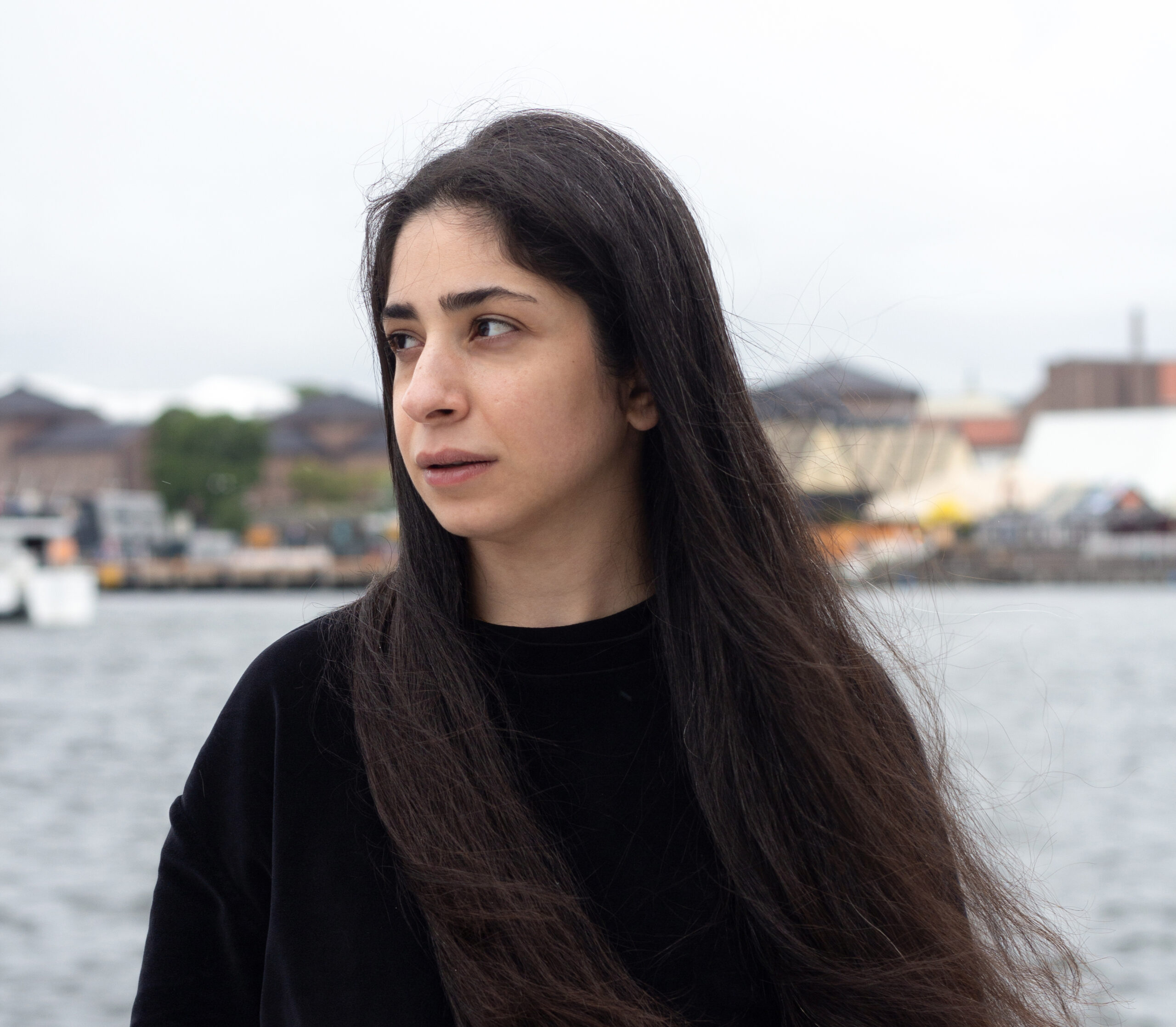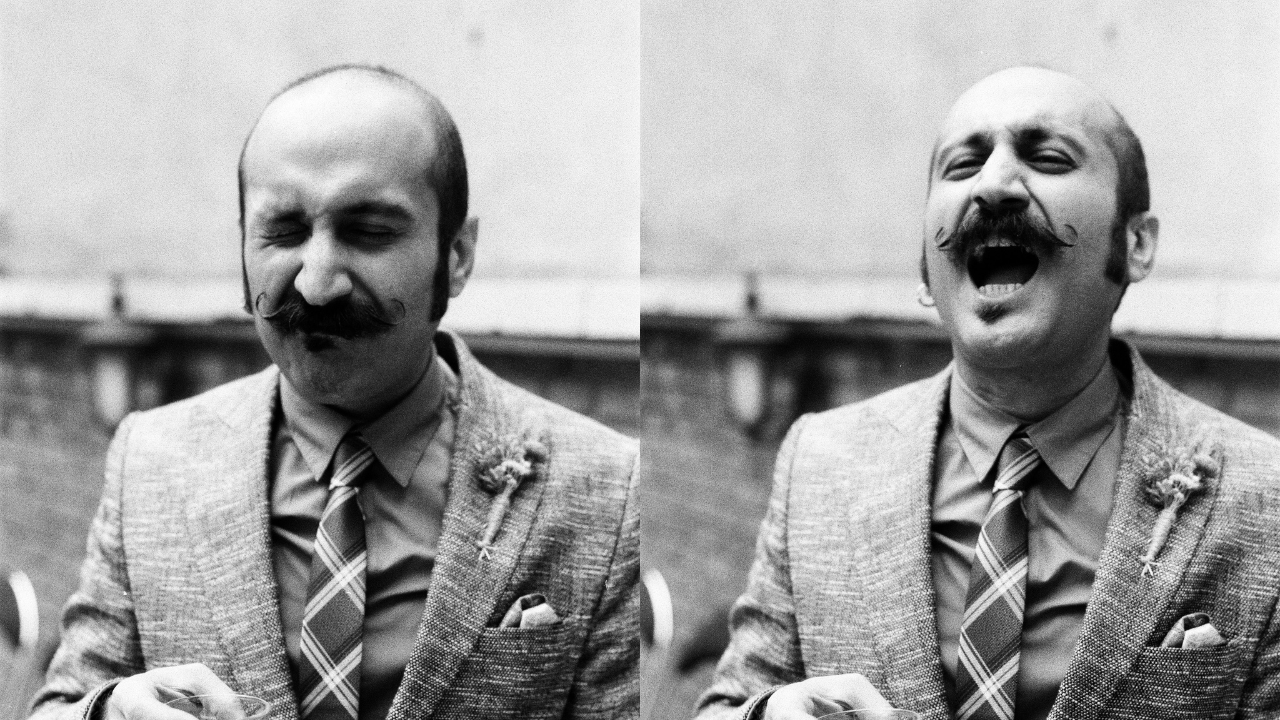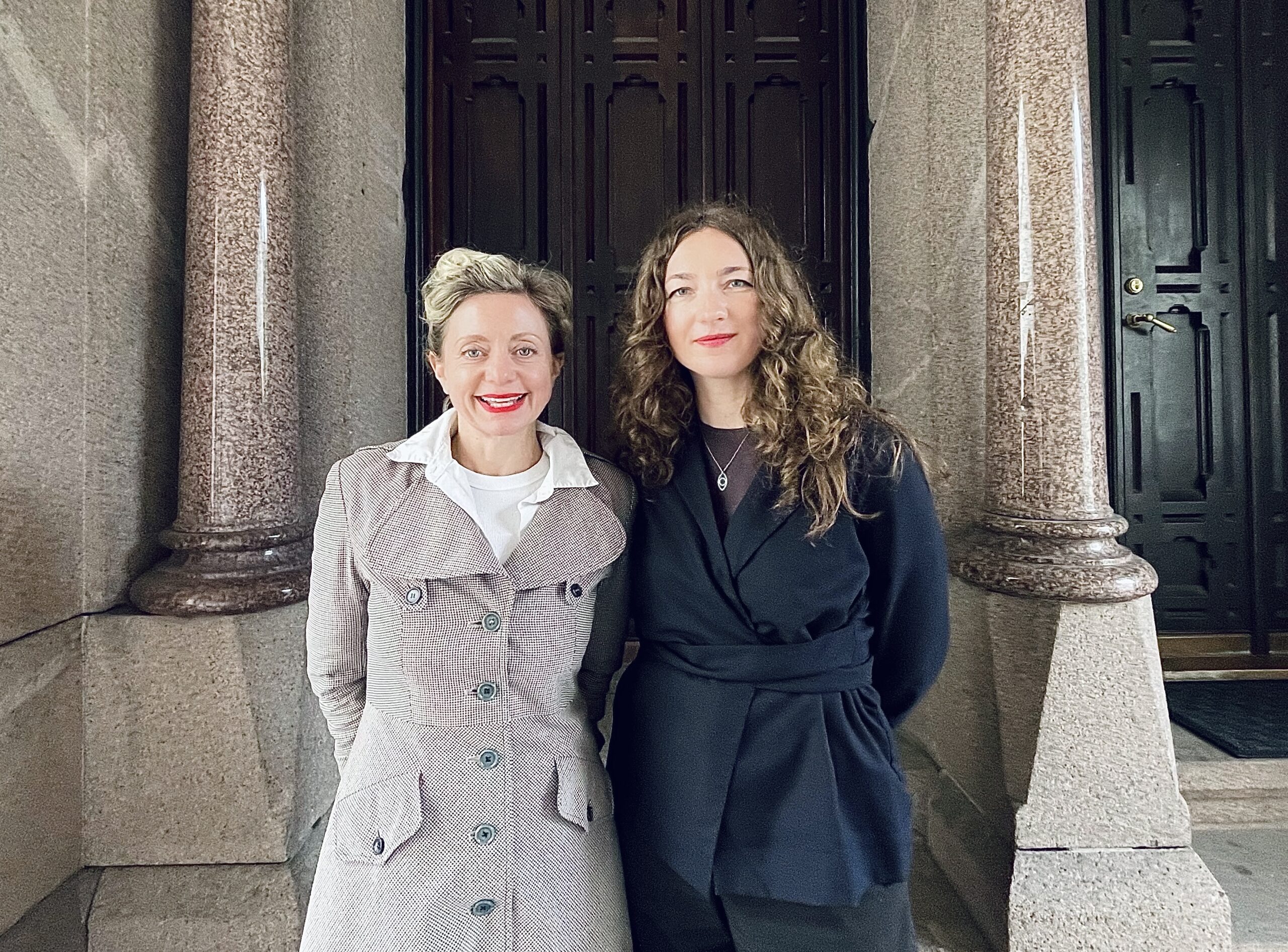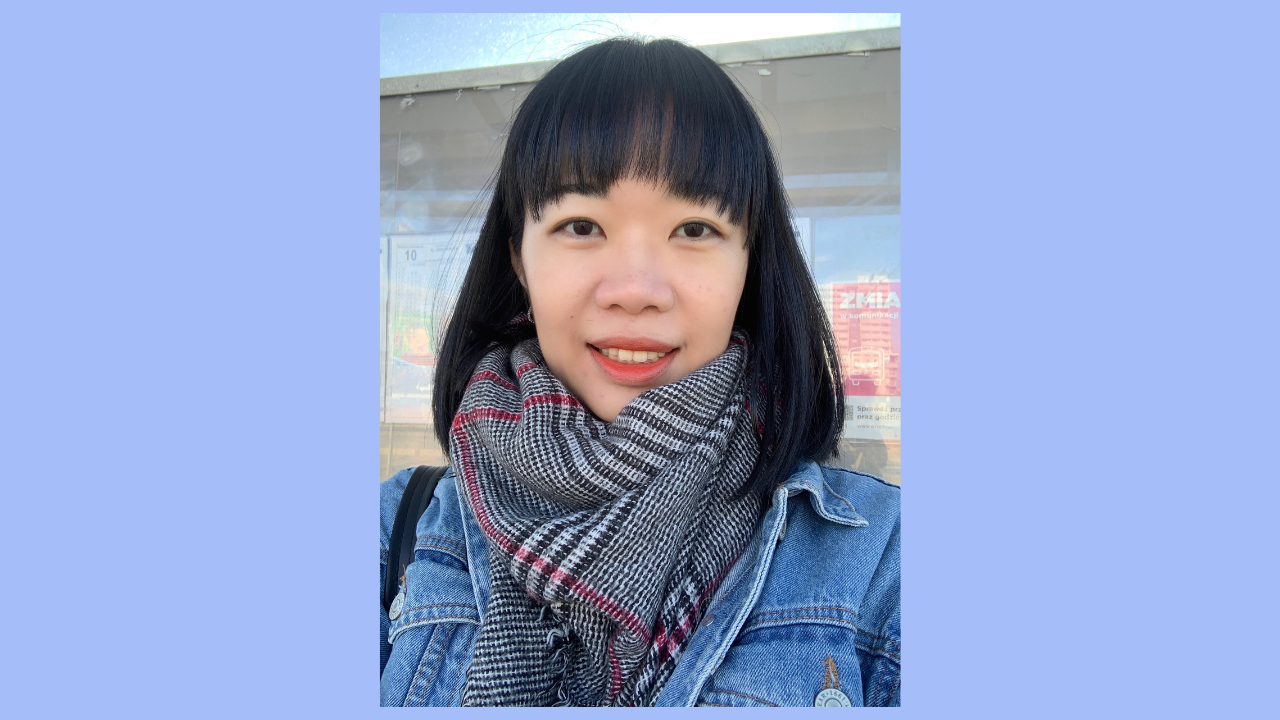Artistic freedom and populism
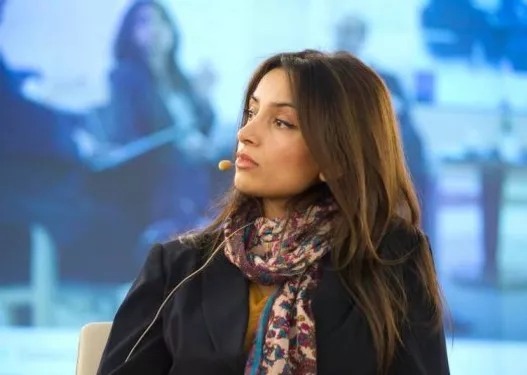
‘FRI KUNST 2020’ / MUSIC FREEDOM DAY: Deeyah Khan, an award-winning film director, human rights activist, record producer and former singer and artist, writes about the necessity and need for the power of art and artistic freedom in todays world, full of armed conflicts, inequality, radicalisation, authoritarianism, populism, extremist movements and other forms of intolerance.
This text by Deeyah Khan is written for the ‘Art Freedom’-week (‘FRI KUNST 2020’) organized in Norway in connection with the world wide Music Freedom Day.
Read the Norwegian translation here
Art is powerful. Art is a necessary expression of what it means to be human. Art is beauty, art is the harshness of truth. Art is activism, art is a mirror to our society. It has the ability to touch our feelings and to connect us to each other beyond our differences. It has the power to speak differently to each person; to reach us on an emotional level. In theaters, through stories and museums, concert halls and our own homes, art invites us to see the world from another person’s perspective, even if only for a moment. And in a world where it seems we’re never more divided, with populism and identarian politics ranging through Europe, through Asia and through America, these moments of perspective have never felt as precious.
We’re being told to stay in our boxes – of race, ethnicity, religion, sexuality and all the other reductive identities there are – and not to look outside. But art carves windows into our box, so we can see into other spaces, other experiences, other lives. If we can understand and empathise with others then we can build connections between each other. These are the connections that hold our societies together, that build our mutual understanding, and our sense of community.
This is not to say that art is always a benign force. Art can reinforce conservative norms. It presents us with endless stereotypes of nagging housewives and incompetent husbands. It shows us black and brown people as enemies, that’s if it shows us them at all. At its worst, art can be leveraged in service of totalitarianism and hate. So art must always be open to critique. But we have to treat any approach to censorship with the utmost caution, whether it comes from our enemies…or even from our allies. Wherever we sit on the political spectrum, none of us should be taping up the windows of the boxes we live in.
When it comes to censorship we have to recognise that the people most impacted by the heavy hand of the state, or the harassment of radicalised mobs, are vulnerable people: women, and members of minorities with little political influence. We live in an era of macho, populist politics, the era of Trump, Duterte, Modi, Bolsonaro, Putin and Erdogan. Populists present themselves as ‘men of the people’, often trading on senses of grievance, entitlement and resentment to present themselves as a representative of the majority: the real, true, pure, patriotic citizens of the state. They position themselves as martyrs to political correctness, unable to speak freely. These ‘true citizens’ are contrasted to the supposed ‘elite’ – a category that includes politicians, academics, professionals – and artists, even those working as baristas while they write their first collection of poetry.
Freedom of expression is important to us all. But as diversity is marginalised, those margins where art is created become a dangerous place. Art from the margins becomes more dangerous to create – and all the more valuable to our societies. As long as there is art coming from the margins, there’s still hope that we can redraw connections between people. There’s still a conversation. It’s important to keep conversations alive. Nobody wants to be silenced and to be told that what they have to say isn’t important. It’s not always easy to deal with conversations: it’s certainly hard to admit you may be wrong and to change your views, or to defend your views from hostile attacks. But that’s the dynamic that needs to lie at the heart of any democracy – listening to each other, learning from each other, striving for better answers and better questions. The conversation must carry on, and those voices most likely to be silenced must be included.
We have to talk honestly and openly about problematic topics – like radicalization, discrimination and violence – without becoming defensive. We must remember that freedom of expression includes the right ‘to offend, shock or disturb’ and that the best remedy for speech we disagree with is a robust counter-argument rather than an attempt to silence your opponent. Silencing the other side of an argument only shows that you lack faith in your own ability to argue your position. This is the spirit in which I – as a Norwegian, a Muslim woman with South Asian heritage, a dark skinned daughter of immigrants – set out to engage honestly with extremists from the far-right and Islamist movements, both of which had viewpoints diametrically opposed to my own. This is the spirit in which the most important art is created: not just to entertain, but to open up a window, to show us something new, to tell us something about ourselves and about humanity.
Art is one of the most foundational expressions of humanity, and can only flourish in an atmosphere that supports human rights, one which is free from fear, violence and repression. To be able to show us the light, artists need to be protected from repression and persecution. The barriers to self-expression must be torn down. Instead, we are seeing more and more barriers being raised. Some of them are obvious such as censorship and harassment, some of them psychological and social, from self-censorship for fear of repercussions and negative attitudes in the community towards those choosing a career in art, a prejudice which particularly impacts women. Financial crises, economic inequality, the increasingly evident impacts of climate change and many other outcomes of neoliberal politics have created a perfect storm for social divisions.
The power of art is never more needed in an atmosphere of armed conflicts, inequality, radicalisation, authoritarianism, populism, extremist movements and other forms of intolerance. This is why we need art: to promote dignity, equality, human rights and peace – to tear down the divisions between us. To let the light shine in.
Deeyah Khan
Deeyah Khan is an award-winning film director, human rights activist, record producer and former singer and artist. As the founder and director of the production company Fuuse, she is responsible for several documentaries that go straight into the core of the greatest challenges of our time related to social exclusion and outsideness, racism and persecution. She is also the founder and editor of Sister-Hood Magazine, which promotes and gives voice to various women with a Muslim background.
As a 17-year-old, in 1995, she was forced to flee from Norway and settle in London, following persistent pressures, hatred and killings from conservative Muslims in Norway.
In 2016, Khan became UNESCO Goodwill Ambassador for artistic freedom and creativity.
#MusicFreedomDay2020
#FriKunst2020
Menu Close Safemuse About Us What we do Our five pillars Our history Who we are Our members Media resources Contact Us News Safe residencies Residency programme Oslo Art Haven Hvitsten Art Haven How to apply Projects Safe Havens Conference Women’s network MoFA+ collaboration Salong på Salongen Artistic mobility Artistic Freedom Week LIDIO .SAFE Artists
About Us What we do Our five pillars Our history Who we are Our members Media resources Contact Us News Safe residencies Residency programme Oslo Art Haven Hvitsten Art Haven How to apply Projects Safe Havens Conference Women’s network MoFA+ collaboration Salong på Salongen Artistic mobility Artistic Freedom Week LIDIO .SAFE Artists
About Us What we do Our five pillars Our history Who we are Our members Media resources Contact Us News Safe residencies Residency programme Oslo Art Haven Hvitsten Art Haven How to apply Projects Safe Havens Conference Women’s network MoFA+ collaboration Salong på Salongen Artistic mobility Artistic Freedom Week LIDIO .SAFE Artists ...
Menu Close Safemuse About Us What we do Our five pillars Our history Who we are Our members Media resources Contact Us News Safe residencies Residency programme Oslo Art Haven Hvitsten Art Haven How to apply Projects Safe Havens Conference Women’s network MoFA+ collaboration Salong på Salongen Artistic mobility Artistic Freedom Week LIDIO .SAFE Artists
About Us What we do Our five pillars Our history Who we are Our members Media resources Contact Us News Safe residencies Residency programme Oslo Art Haven Hvitsten Art Haven How to apply Projects Safe Havens Conference Women’s network MoFA+ collaboration Salong på Salongen Artistic mobility Artistic Freedom Week LIDIO .SAFE Artists
About Us What we do Our five pillars Our history Who we are Our members Media resources Contact Us News Safe residencies Residency programme Oslo Art Haven Hvitsten Art Haven How to apply Projects Safe Havens Conference Women’s network MoFA+ collaboration Salong på Salongen Artistic mobility Artistic Freedom Week LIDIO .SAFE Artists ...
Menu Close Safemuse About Us What we do Our five pillars Our history Who we are Our members Media resources Contact Us News Safe residencies Residency programme Oslo Art Haven Hvitsten Art Haven How to apply Projects Safe Havens Conference Women’s network MoFA+ collaboration Salong på Salongen Artistic mobility Artistic Freedom Week LIDIO .SAFE Artists
About Us What we do Our five pillars Our history Who we are Our members Media resources Contact Us News Safe residencies Residency programme Oslo Art Haven Hvitsten Art Haven How to apply Projects Safe Havens Conference Women’s network MoFA+ collaboration Salong på Salongen Artistic mobility Artistic Freedom Week LIDIO .SAFE Artists
About Us What we do Our five pillars Our history Who we are Our members Media resources Contact Us News Safe residencies Residency programme Oslo Art Haven Hvitsten Art Haven How to apply Projects Safe Havens Conference Women’s network MoFA+ collaboration Salong på Salongen Artistic mobility Artistic Freedom Week LIDIO .SAFE Artists ...
Menu Close Safemuse About Us What we do Our five pillars Our history Who we are Our members Media resources Contact Us News Safe residencies Residency programme Oslo Art Haven Hvitsten Art Haven How to apply Projects Safe Havens Conference Women’s network MoFA+ collaboration Salong på Salongen Artistic mobility Artistic Freedom Week LIDIO .SAFE Artists
About Us What we do Our five pillars Our history Who we are Our members Media resources Contact Us News Safe residencies Residency programme Oslo Art Haven Hvitsten Art Haven How to apply Projects Safe Havens Conference Women’s network MoFA+ collaboration Salong på Salongen Artistic mobility Artistic Freedom Week LIDIO .SAFE Artists
About Us What we do Our five pillars Our history Who we are Our members Media resources Contact Us News Safe residencies Residency programme Oslo Art Haven Hvitsten Art Haven How to apply Projects Safe Havens Conference Women’s network MoFA+ collaboration Salong på Salongen Artistic mobility Artistic Freedom Week LIDIO .SAFE Artists ...
Menu Close Safemuse About Us What we do Our five pillars Our history Who we are Our members Media resources Contact Us News Safe residencies Residency programme Oslo Art Haven Hvitsten Art Haven How to apply Projects Safe Havens Conference Women’s network MoFA+ collaboration Salong på Salongen Artistic mobility Artistic Freedom Week LIDIO .SAFE Artists
About Us What we do Our five pillars Our history Who we are Our members Media resources Contact Us News Safe residencies Residency programme Oslo Art Haven Hvitsten Art Haven How to apply Projects Safe Havens Conference Women’s network MoFA+ collaboration Salong på Salongen Artistic mobility Artistic Freedom Week LIDIO .SAFE Artists
About Us What we do Our five pillars Our history Who we are Our members Media resources Contact Us News Safe residencies Residency programme Oslo Art Haven Hvitsten Art Haven How to apply Projects Safe Havens Conference Women’s network MoFA+ collaboration Salong på Salongen Artistic mobility Artistic Freedom Week LIDIO .SAFE Artists ...
Menu Close Safemuse About Us What we do Our five pillars Our history Who we are Our members Media resources Contact Us News Safe residencies Residency programme Oslo Art Haven Hvitsten Art Haven How to apply Projects Safe Havens Conference Women’s network MoFA+ collaboration Salong på Salongen Artistic mobility Artistic Freedom Week LIDIO .SAFE Artists
About Us What we do Our five pillars Our history Who we are Our members Media resources Contact Us News Safe residencies Residency programme Oslo Art Haven Hvitsten Art Haven How to apply Projects Safe Havens Conference Women’s network MoFA+ collaboration Salong på Salongen Artistic mobility Artistic Freedom Week LIDIO .SAFE Artists
About Us What we do Our five pillars Our history Who we are Our members Media resources Contact Us News Safe residencies Residency programme Oslo Art Haven Hvitsten Art Haven How to apply Projects Safe Havens Conference Women’s network MoFA+ collaboration Salong på Salongen Artistic mobility Artistic Freedom Week LIDIO .SAFE Artists ...
Menu Close Safemuse About Us What we do Our five pillars Our history Who we are Our members Media resources Contact Us News Safe residencies Residency programme Oslo Art Haven Hvitsten Art Haven How to apply Projects Safe Havens Conference Women’s network MoFA+ collaboration Salong på Salongen Artistic mobility Artistic Freedom Week LIDIO .SAFE Artists
About Us What we do Our five pillars Our history Who we are Our members Media resources Contact Us News Safe residencies Residency programme Oslo Art Haven Hvitsten Art Haven How to apply Projects Safe Havens Conference Women’s network MoFA+ collaboration Salong på Salongen Artistic mobility Artistic Freedom Week LIDIO .SAFE Artists
About Us What we do Our five pillars Our history Who we are Our members Media resources Contact Us News Safe residencies Residency programme Oslo Art Haven Hvitsten Art Haven How to apply Projects Safe Havens Conference Women’s network MoFA+ collaboration Salong på Salongen Artistic mobility Artistic Freedom Week LIDIO .SAFE Artists ...
Menu Close Safemuse About Us What we do Our five pillars Our history Who we are Our members Media resources Contact Us News Safe residencies Residency programme Oslo Art Haven Hvitsten Art Haven How to apply Projects Safe Havens Conference Women’s network MoFA+ collaboration Salong på Salongen Artistic mobility Artistic Freedom Week LIDIO .SAFE Artists
About Us What we do Our five pillars Our history Who we are Our members Media resources Contact Us News Safe residencies Residency programme Oslo Art Haven Hvitsten Art Haven How to apply Projects Safe Havens Conference Women’s network MoFA+ collaboration Salong på Salongen Artistic mobility Artistic Freedom Week LIDIO .SAFE Artists
About Us What we do Our five pillars Our history Who we are Our members Media resources Contact Us News Safe residencies Residency programme Oslo Art Haven Hvitsten Art Haven How to apply Projects Safe Havens Conference Women’s network MoFA+ collaboration Salong på Salongen Artistic mobility Artistic Freedom Week LIDIO .SAFE Artists ...
Menu Close Safemuse About Us What we do Our five pillars Our history Who we are Our members Media resources Contact Us News Safe residencies Residency programme Oslo Art Haven Hvitsten Art Haven How to apply Projects Safe Havens Conference Women’s network MoFA+ collaboration Salong på Salongen Artistic mobility Artistic Freedom Week LIDIO .SAFE Artists
About Us What we do Our five pillars Our history Who we are Our members Media resources Contact Us News Safe residencies Residency programme Oslo Art Haven Hvitsten Art Haven How to apply Projects Safe Havens Conference Women’s network MoFA+ collaboration Salong på Salongen Artistic mobility Artistic Freedom Week LIDIO .SAFE Artists
About Us What we do Our five pillars Our history Who we are Our members Media resources Contact Us News Safe residencies Residency programme Oslo Art Haven Hvitsten Art Haven How to apply Projects Safe Havens Conference Women’s network MoFA+ collaboration Salong på Salongen Artistic mobility Artistic Freedom Week LIDIO .SAFE Artists ...
Menu Close Safemuse About Us What we do Our five pillars Our history Who we are Our members Media resources Contact Us News Safe residencies Residency programme Oslo Art Haven Hvitsten Art Haven How to apply Projects Safe Havens Conference Women’s network MoFA+ collaboration Salong på Salongen Artistic mobility Artistic Freedom Week LIDIO .SAFE Artists
About Us What we do Our five pillars Our history Who we are Our members Media resources Contact Us News Safe residencies Residency programme Oslo Art Haven Hvitsten Art Haven How to apply Projects Safe Havens Conference Women’s network MoFA+ collaboration Salong på Salongen Artistic mobility Artistic Freedom Week LIDIO .SAFE Artists
About Us What we do Our five pillars Our history Who we are Our members Media resources Contact Us News Safe residencies Residency programme Oslo Art Haven Hvitsten Art Haven How to apply Projects Safe Havens Conference Women’s network MoFA+ collaboration Salong på Salongen Artistic mobility Artistic Freedom Week LIDIO .SAFE Artists ...
